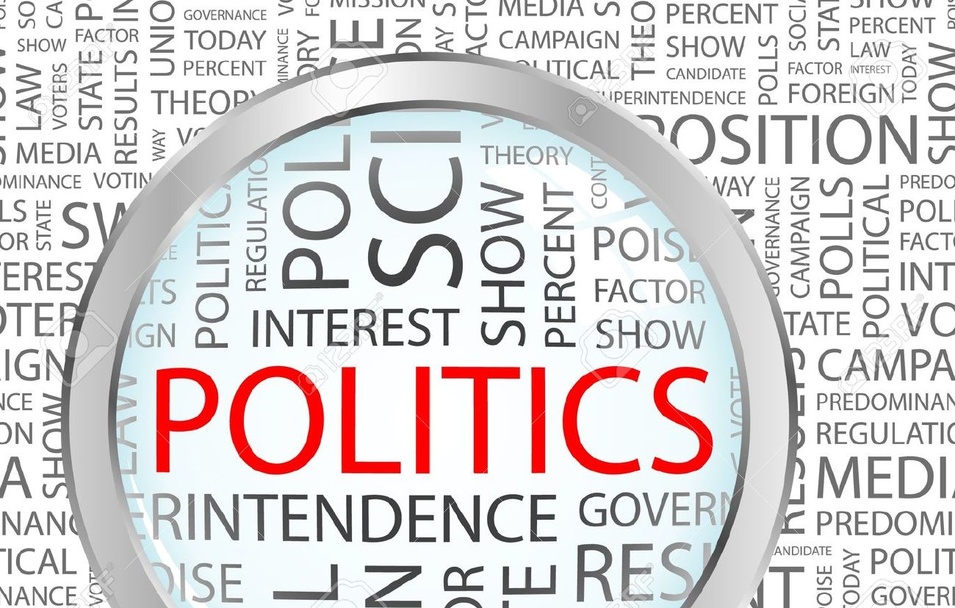
Some years ago, I have been accompanying the Development Director of one of the large European corporations which actively invests in CEE on his trip to Ukraine. This company has found an optimal for itself market expansion strategy in the region. Producing high-tech machinery and developing quite complex technological solutions in mechanical engineering the company locates its facilities in post-Soviet countries in particular in those cities which are characterized by the optimal combination of three factors. These factors are: good position in terms of logistics which allows to deliver production not only to the local markets, but to export to all of the CEE countries; the availability of high-quality human resources with engineering skills, that are able to master work on quite complex equipment; access to raw materials used in the operations of the enterprise.
The company has been dynamically developing and has had huge perspectives that is why I have been interested in close and long-term partnership. Trying to use time with my client as effectively as possible, I have decided to discuss several details of our partnership all the more he had previously told me he had additional task for our consulting company. As it turned out, it was about his wish to stay on top of political events and tendencies in CEE countries, this is why my task was supposed to be the preparation of regular monthly analytical reports.
In response to my question, why he decided to get involved in politics, since for a rapidly growing corporation in the countries of the region it would be better to be out of this sphere, he replied with the phrase which made me reassess the whole approach to political analytics: “It is crucial for me to understand the political processes in the countries precisely in order to not to be involved in any case in the politics of the countries of the region”.
Actually, one of the main features of CEE is the over-politicization of all the spheres of public relations. Is it good or bad – that is a side question. What every entrepreneur, willing to successfully develop serious business-projects in the countries of the region has to understand, is that he will definitely face political risks in doing business, even if he stays away from all these processes. Undoubtedly, the best possible political position for an entrepreneur in the CEE countries is to be neutral and support partnership with the key political groups (even though there are many exceptions). However, the idea that achieving such position is easy ride, is a dangerous misconception.
Most of entrepreneurs and CEOs are sure that it is sufficient to do nothing and not be engaged anywhere to keep neutrality and have constructive relations with all political powers. This is a very elegant strategy, but only in theory, in practice it is exactly the opposite. In CEE countries you will be engaged with a high probability in politically sensitive questions even if you don`t interfere in them yourself; while your passivity and inability to properly react to such things will only lead to the situation where you will be in conflict with all political groups.
Maintaining neutrality and good relations with everyone requires hard work and clear strategy, which is based on knowledge and understanding of political risks in the countries of the region. Abstraction from politics and ignorance won’t help you avoid problems. Developing business in CEE countries you should be ready to such a scenario, this is why the better you understand the circumstances, the easier it will be to turn the situation to your advantage.
Head of the Political Analysis Department
Most Solution Group
dr Aleksandr Sloboda
Nearshoring to Central and Eastern Europe is New Trend in IT industry
Adrian Verner
Head of the Economic Analysis Department
Three common mistakes in managing a multicultural team in a corporation
dr Natalia Ustinova
Business Communication Coach
Investment Potential of Central and Eastern Europe
Adrian Verner
Head of the Economic Analysis Department